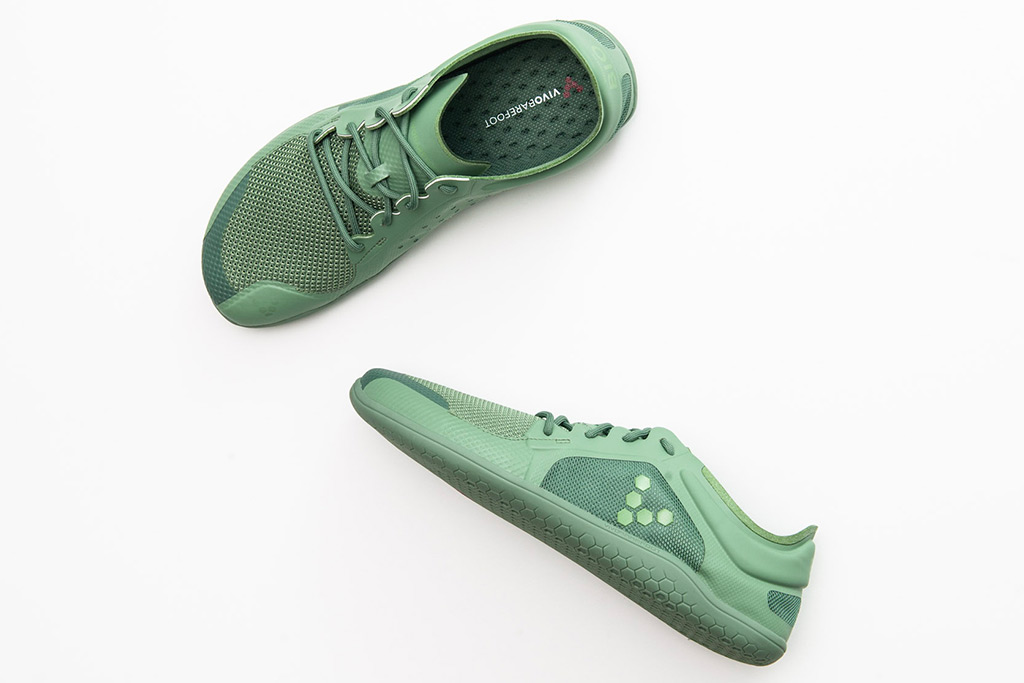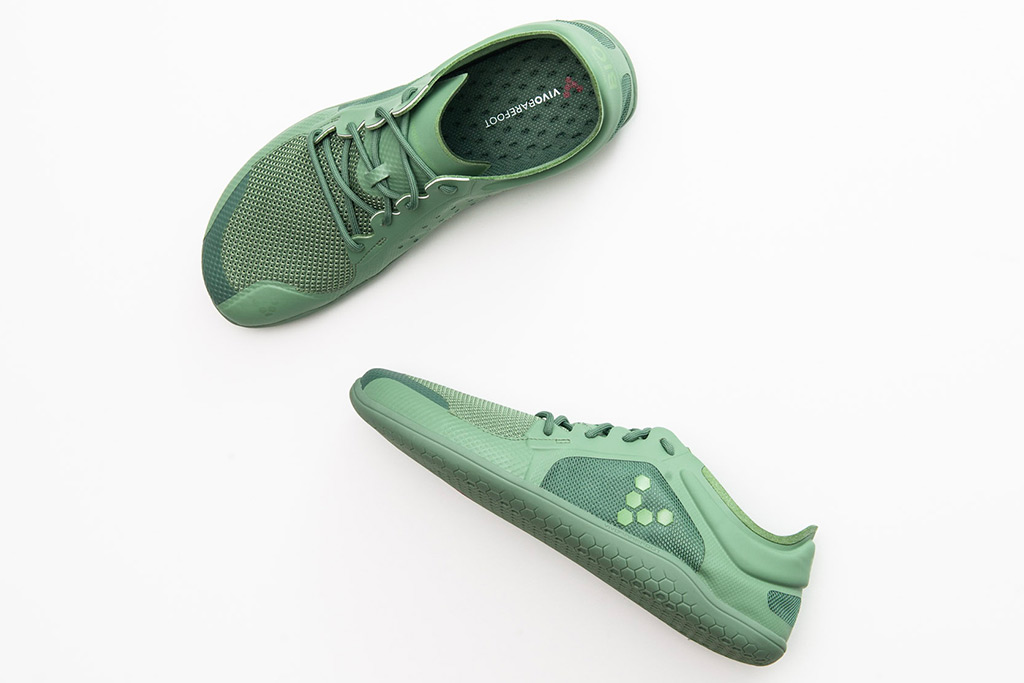is out to be a leader in the eco-friendly footwear marketplace. And its co-founder, Asher Clark, explained to FN how his brand intends to do it. Here’s what the exec had to say.
For spring ’19, your brand introduced Vivo Bio. What is it?
“Vivo Bio is [a series of] shoes made from plant-based polymers. We mainly use algae and yellow field corn, and we do that with a company called Bloom and Dupont. They’re made with materials that are between 40 and 50 percent plant-based. The rest are petrochemical, the same way shoes today are made. We want to push that bio content as close to 100 percent as we can.”
How much will Vivobarefoot rely on this line?
“That’s a good question we can’t answer until we can properly quantify the sustainable impact through the whole supply chain. But there’s still a place for recycled plastic in certain areas, and there’s a place for products made with beautiful natural materials like leather and wools. Until it’s properly quantified down to the nth degree, these buckets of materials are going to be narratives in our collection.”

Vivobarefoot Primus Bio
CREDIT: Vivobarefoot
How effective is the outdoor market at selling sustainability?
“It’s a hot topic at the moment, and sustainability is a marketing message, crudely put. Everyone is starting to do a good job with selling sustainable products, but I don’t think there is enough understanding of what sustainability is. To a lot of people, it’s around materials, which is important but only part of it. It’s also where and how they’re made, how they’re transported and used, what happens at the end of their life. The outdoor industry isn’t doing enough to look at smarter, cleaner ways to make product and materials. We’re scratching the surface with getting in a few plastic bottles and recycled rubber here and there.”
What is Vivobarefoot’s strategy to connect with consumers?
“The sustainability mindset and the barefoot mindset need to become a given for us. But the narrative around barefoot is a complicated one. The cold reality is, conversations around sustainability and performance are easier to get people into than barefoot and what it does for you. So it starts with product. We’re trying to make shoes that are as healthy for your feet and the planet as possible.”
How are you approaching retail?
“We’re about 75 percent direct-to-consumer, and the rest is wholesale and Vivo stores. Our main store is in London, and we’ll be launching more shops in the States, Canada and Europe. Stores will be opening at the end of [this] year.”
Want more?
Outdoor Companies Address Their Lack of Racial Diversity
What Can Outdoor Brands Learn From Smaller Sneaker Labels?
Government Shutdown May Prove ‘Catastrophic’ to the Outdoor Industry, Experts Say

